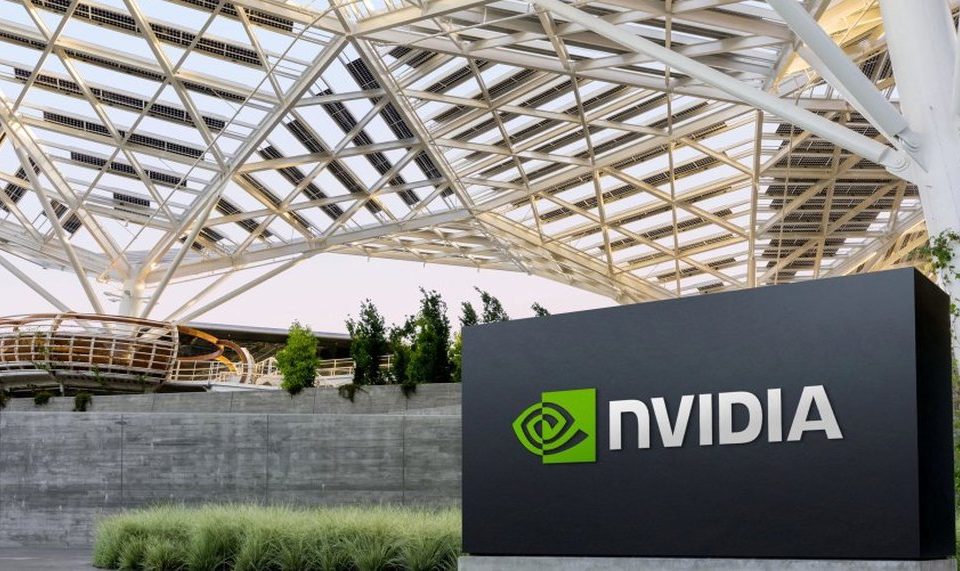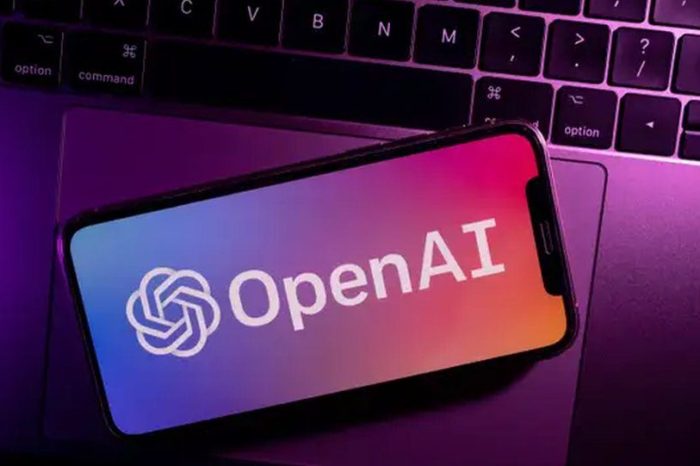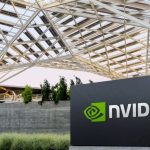NVIDIA sued for stealing trade secrets after engineer accidentally shares source code from previous company on video call

NVIDIA is facing legal trouble over accusations of stealing trade secrets, which were accidentally revealed during a screen-sharing slip-up. A French automotive company Valeo filed a lawsuit against the chip giant after an NVIDIA employee accidentally shared source code from a previous company during a video call, according to a report from Bloomberg.
According to Valeo’s claims, Mohammad Moniruzzaman, a former employee of NVIDIA and an engineer, inadvertently displayed source code files on his computer while sharing his screen in a joint meeting in 2022. Valeo’s team recognized the code, took screenshots, and informed Moniruzzaman of the error. Valeo also alleged that NVIDIA saved millions of dollars by illicitly acquiring its trade secrets.
“A Nvidia Corp. engineer, during a video conference call with his former employer, had one of those oops moments. He shared his screen, leaving a file up that contained data about robocar technology that he had stolen from his previous company, Valeo SE.” Bloomberg reported.
Earlier this year, the engineer faced legal consequences for violating business secrets in Germany. Now, Valeo has taken legal action by filing a lawsuit against Nvidia in California, the report said.
It’s worth noting that Valeo and NVIDIA were collaborating on advanced parking and driving assistance technology for a manufacturer’s customers. Previously, Valeo handled both software and hardware aspects of the parking assistance tech, but in 2021, the larger corporation secured the contract for developing the software. Valeo contends in its lawsuit that Moniruzzaman, having contributed to the development of parking and driving assistance systems, understood that his exposure to proprietary technologies made him valuable to NVIDIA.
After this realization, Moniruzzaman allegedly gained unauthorized access to Valeo’s systems using his personal email to pilfer “tens of thousands of files” and 6GB of source code. He departed Valeo a few months later, taking the stolen information with him to a senior position at NVIDIA, where he continued working on the same project discussed in the video conference.
Valeo claims that its former employee admitted to the theft, and during a raid on Moniruzzaman’s home, German police reportedly found Valeo’s documentation and hardware. Moniruzzaman had already been convicted of infringing business secrets in a German court, with a €14,400 ($15,750) fine imposed in September.
In June 2022, NVIDIA’s lawyers asserted in a letter that the company had no interest in Valeo’s code or alleged trade secrets and had taken immediate steps to protect its client’s rights. Despite this, Valeo proceeded to sue NVIDIA, alleging that the company unlawfully saved development costs and earned profits by stealing its trade secrets, potentially in the millions.
The incident underscores the escalating competition in the autonomous driving market. As we reported back in 2019, Tesla also filed a lawsuit against four former employees and self-driving startup Zoox for allegedly stealing its trade secrets.
In a filing submitted to a U.S. District Court in Northern California, Tesla stated that its ex-employees—Scott Turner, Sydney Cooper, Christian Dement, and Craig Emigh—left with specific Tesla documents beneficial to their new employer. Additionally, Tesla claimed that at least one of them utilized the company’s confidential information to recruit other Tesla employees for hiring at Zoox.

